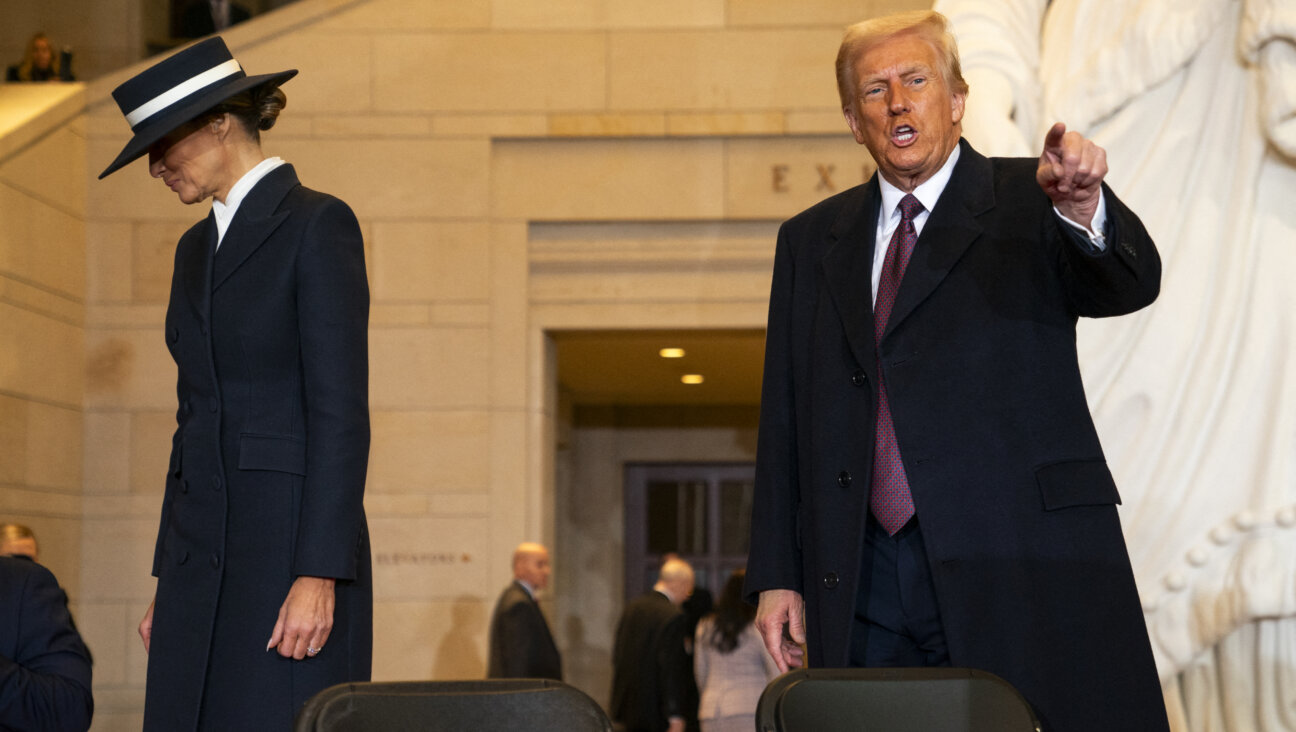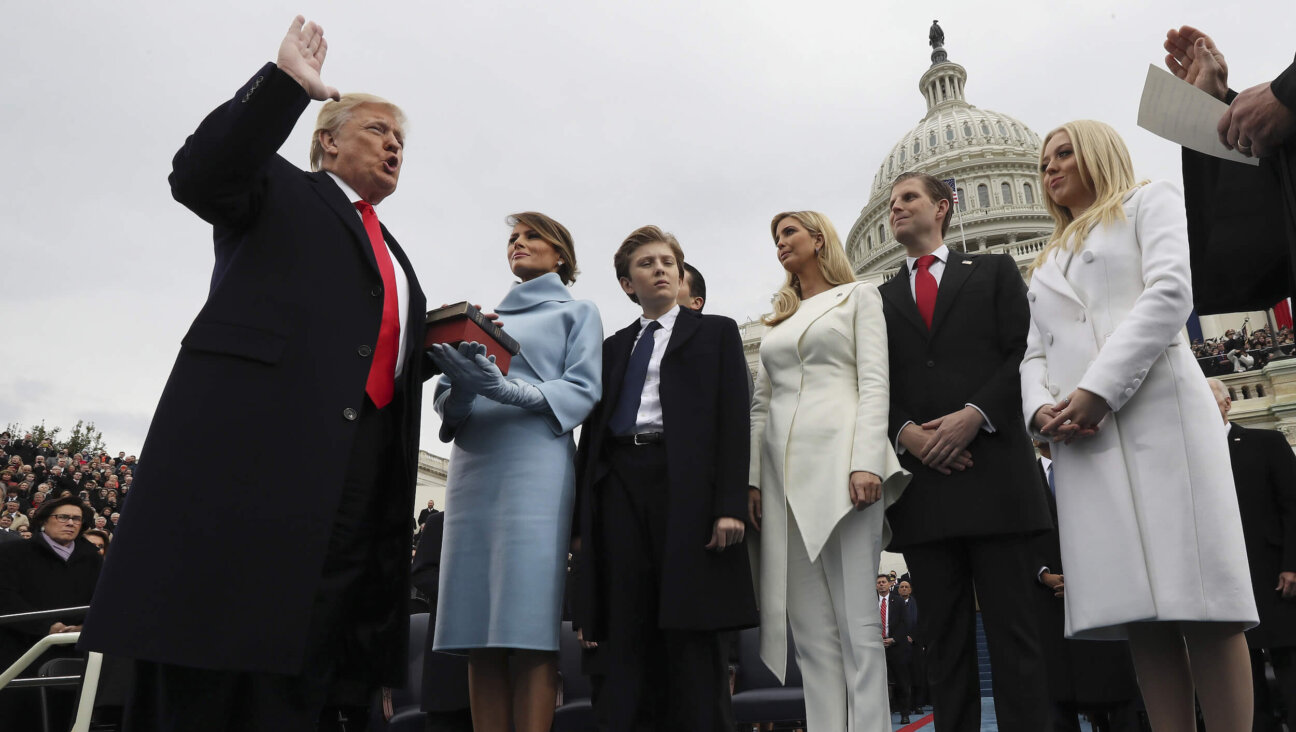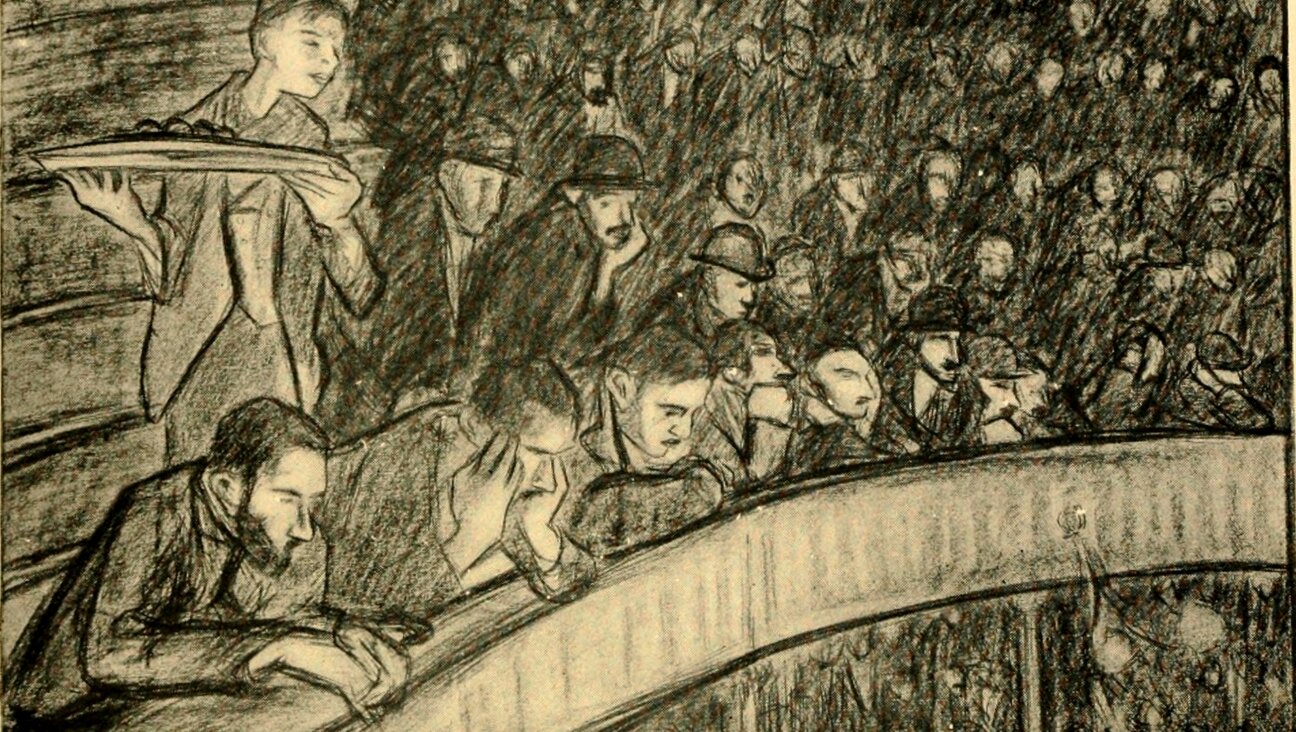Invite the Extended Jewish Family For Rosh Hashanah
This is the time of year when many of us in the Jewish world take stock of ourselves as individuals by assessing our accomplishments, reflecting upon our shortcomings and determining how to lead a more balanced, productive and purposeful life in the coming year. It is also a time when we contemplate where we stand as a community.
This last year, 5765, was a banner one for the Jewish people in many respects. Among the many wonderful memories we will keep from the past 12 months are the skillfully managed disengagement process from Gaza, the celebration of 350 years of Jewish life in America and the continued emergence of new expressions of Jewish joy emanating from our young people.
While there is much about contemporary Jewish life in which we may justifiably take great pride, many challenges remain for the North American Jewish community. Primary among them is our need to increase the meaningful participation in Jewish life by many, and ideally most, of our people. American Jewry must continue to grow in size and in vibrancy if we wish to continue contributing fully to our country and realizing our biblical imperative of tikkun olam, of helping to repair the world.
During the High Holy Days, we often see full synagogues, creating a veritable extended-family reunion. It is truly an uplifting time, even as we solemnly reflect on the meaning of the Days of Awe. And yet, sadly and dangerously, the people we see during this period may represent only half — or even less — of all the Jewish households in our communities.
For 350 years, America has been a nurturing home, not just a haven, for Jews. Protected by the same inalienable and fundamental rights afforded all Americans, Jewish life in our great nation has flourished in unprecedented ways. American Jewry has never been stronger, safer or more secure. We have contributed significantly to America, we enjoy success in almost every field of endeavor and the social barriers to entry so many of our ancestors confronted are virtually non-existent.
American society is so open, in fact, that we now live in an era when all Jews are Jews by choice. It is no longer a matter of some Jews “opting out” of the Jewish community; all Jews who participate in Jewish life today have “opted in.” As Richard Joel, president of Yeshiva University, used to explain, being Jewish is no longer a condition. It is an option. It requires a conscious decision on the part of those who join.
It also requires conscious action by each of us to expand the reach of our community. Together, we must continue to demonstrate what makes Judaism so special, to highlight its timeless relevance and to interpret its transcendent message of hope. We particularly need to inspire and invest in our young people, ensuring that Judaism will enrich their lives so that they may enrich the world.
In the past, Jewish life was fairly linear, and thus there were only a few pathways for people to follow into Jewish engagement. In most cases, Jewish life began in the home and was fortified through some kind of Jewish education in childhood. While this may still be the ideal, it is not the norm in nearly the number of Jewish households it was once.
For example, there are more than 1 million non-Jews living in the 4 million total Jewish households in the United States. Obviously, we cannot expect them to have had Jewish upbringings. Yet they may be very receptive to Jewish life, considering they have chosen to share their hearts and homes with Jews and may be raising Jewish children. How many doors into Jewish life are we opening for adult novices? How many entrances are there for the young adult children of intermarriage, who may or may not have benefited from an immersive Jewish background?
We must recognize the new dynamics of the changing Jewish household. Our community must celebrate its growing diversity by embracing all who may look to Judaism as their path to personal meaning and fulfillment. Our congregations, schools and institutions must become more welcoming to those Jews we have yet to engage, to those non-traditional families seeking their place in Jewish life, to the rapidly increasing numbers of Jews of color and to all of those willing to raise their children in Jewish homes. We will benefit from these new sources of Jewish vitality and strength.
Judaism is not solely a religion. It is a culture, an ethic, a lifestyle and, perhaps most importantly, a people that provides us with a wide array of possible entryways. I encourage you to consider this diversity when you give to Jewish causes or volunteer your time with Jewish organizations. Ask yourself, “How can this experience be widened to include my extended Jewish family? What inadvertent barriers might we be putting up that keep them from attending?”
This is a pivotal moment in American Jewish history. The kind of community we shape today will determine whether we can reignite the Jewish spark that lives within the huge segment of Jewish households that currently experience only tenuous ties to their Judaism. And that, in turn, will determine how we prosper and grow in the 21st century and beyond.
Lynn Schusterman is president of the Charles and Lynn Schusterman Family Foundation.
A message from our Publisher & CEO Rachel Fishman Feddersen

I hope you appreciated this article. Before you go, I’d like to ask you to please support the Forward’s award-winning, nonprofit journalism so that we can be prepared for whatever news 2025 brings.
At a time when other newsrooms are closing or cutting back, the Forward has removed its paywall and invested additional resources to report on the ground from Israel and around the U.S. on the impact of the war, rising antisemitism and polarized discourse.
Readers like you make it all possible. Support our work by becoming a Forward Member and connect with our journalism and your community.
— Rachel Fishman Feddersen, Publisher and CEO




















